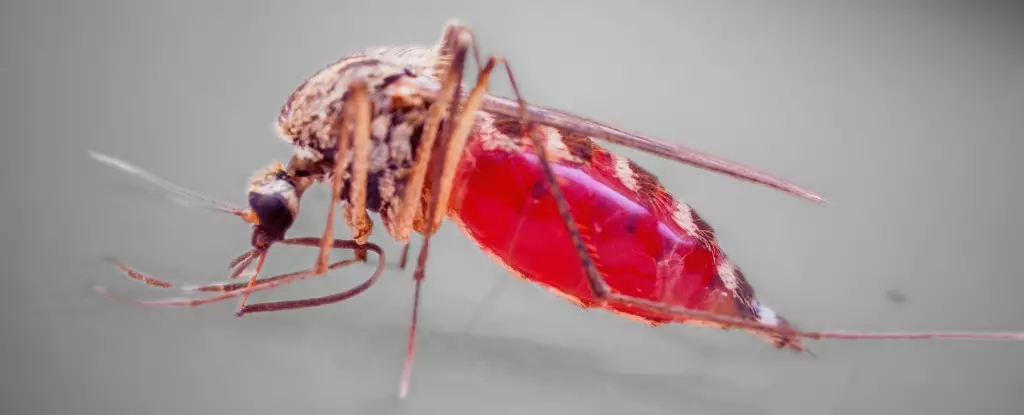In recent weeks, the Democratic Republic of Congo (DRC) has been grappling with a critical health crisis, as an unidentified disease has claimed numerous lives, particularly in the Panzi region. The African Union’s health authority, the Africa CDC, highlighted a probable diagnosis of malaria during a briefing, indicating that the situation is dire. This outbreak, first identified in late October, has led to the deaths of at least 37 individuals in healthcare facilities, with additional fatalities reported from community sources.
Africa CDC’s chief of staff, Ngashi Ngongo, declared malaria as the leading candidate for this perplexing outbreak. This diagnosis is exacerbated by alarming levels of malnutrition prevalent in the region, further complicating the health outlook. The interconnection between malnutrition and malaria is glaringly apparent, as weakened immune systems make affected populations more susceptible to the severe impacts of this parasitic infection. Additionally, the possibility of another disease co-occurring alongside malaria has not been entirely dismissed, highlighting the complexity of the region’s health landscape.
The challenges faced by healthcare workers are formidable. The Panzi region, located approximately 700 kilometers southeast of Kinshasa, suffers from poor road access and insufficient health infrastructure, which impedes timely and effective medical responses. Residents are not only battling the outbreak but also struggling with limited access to essential resources such as clean drinking water and necessary medicines. This lack of infrastructure not only hinders immediate medical treatment but also exacerbates the potential for further outbreaks.
The DRC’s public health situation is precarious. With malnutrition rates soaring to an alarming 61%, particularly following a previous typhoid fever epidemic, the vulnerability of the local population has only intensified. The emergence of this new disease is added to a growing list of health crises the country faces, including a recent outbreak of mpox that has resulted in over 1,000 deaths. The cumulative toll of these health challenges underscores a critical need for comprehensive public health strategies by both national authorities and international organizations.
The gravity of this emerging health crisis calls for swift and coordinated action. The identification of the disease’s nature and the factors complicating its spread must be prioritized. Moreover, healthcare support is essential, encompassing not just treatment for those currently afflicted but also necessary infrastructure improvements to bolster ongoing health services in the region. Proactive public health strategies, including enhanced surveillance and community education, are paramount to mitigate the impact and prevent further loss of life.
Understanding the multifaceted nature of this outbreak within a context of broader systemic health issues will be vital in steering the DRC towards a healthier future. Accurate identification of the disease, coupled with robust public health interventions, can create a path forward for those affected and support overall improvements in health outcomes in one of the world’s most vulnerable regions.


Leave a Reply